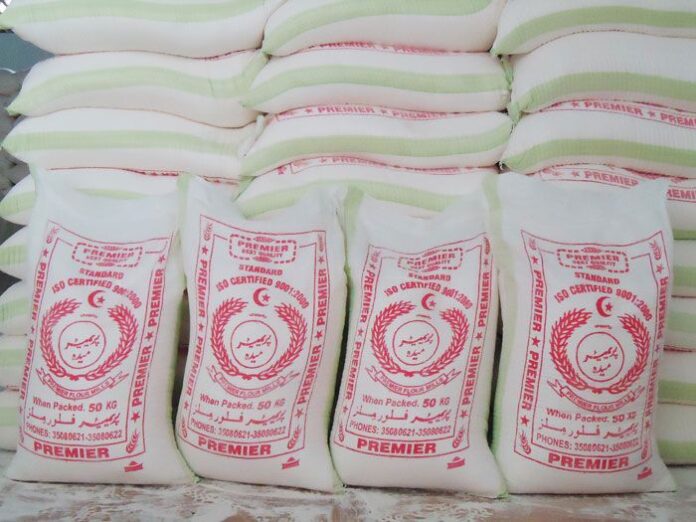In a letter to the Ministry of Food Security, the Pakistan Polypropylene Woven Sack Manufacturers Association (PPWSMA) has expressed serious concerns over the continued use of substandard and non-food-grade sacks for packaging wheat flour. The association estimates that the use of such sacks has resulted in a loss of Rs 594 billion over the past seven years due to product wastage and contamination.
The letter noted that the poor quality of sacks, often made from recycled materials or thin cloth, leads to direct losses as wheat flour spills or is contaminated during handling and transport.
According to the PPWSMA, up to half a kilogram of wheat flour is lost from each 20 kg or 10 kg bag during the supply chain, making the use of certified polypropylene woven sacks, which meet international food-grade standards, essential.
PPWSMA emphasised the importance of wheat flour as a staple for millions of Pakistanis and highlighted the need to protect its quality throughout the supply chain. The association pointed out that every year, a significant number of wheat flour bags become unusable or damaged during storage and transportation due to the use of low-quality, non-compliant packaging materials.
The PPWSMA has reiterated its demand for the government to enforce SRO 46(I)/2017 across all provinces, which would ban the use of substandard sacks for wheat flour packaging. The association has called on the Ministry of National Food Security & Research to promote the use of certified polypropylene woven sacks and ensure that all mills and suppliers comply with food-grade standards.
Iskandar Khan, Chairman of PPWSMA, mentioned the minimal price difference between certified polypropylene sacks and ordinary sacks—Rs 9 for a 20 kg bag and Rs 7 for a 10 kg bag—arguing that the benefits of preventing wastage far outweigh the additional cost.
The association also highlighted the broader implications of this issue for food security, referencing a report by the Food and Agriculture Organization (FAO) which states that around 11 million people in Pakistan face acute food insecurity. PPWSMA called on the government to conduct regular inspections, impose penalties on non-compliant parties, and ensure that food safety standards are upheld to protect public health and national food security.




